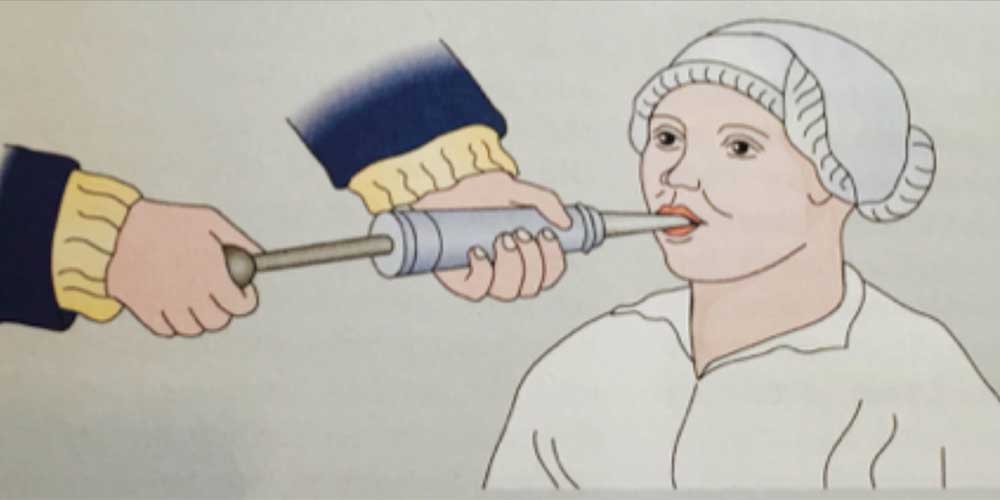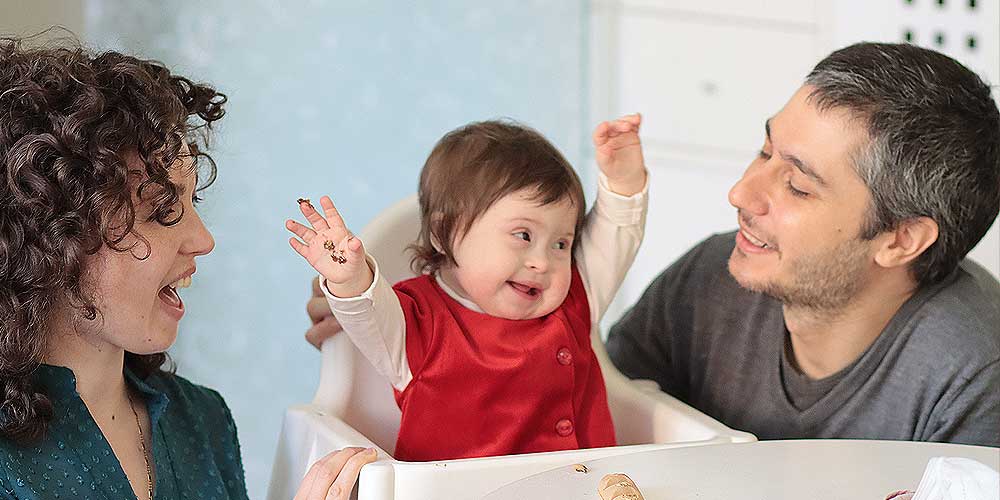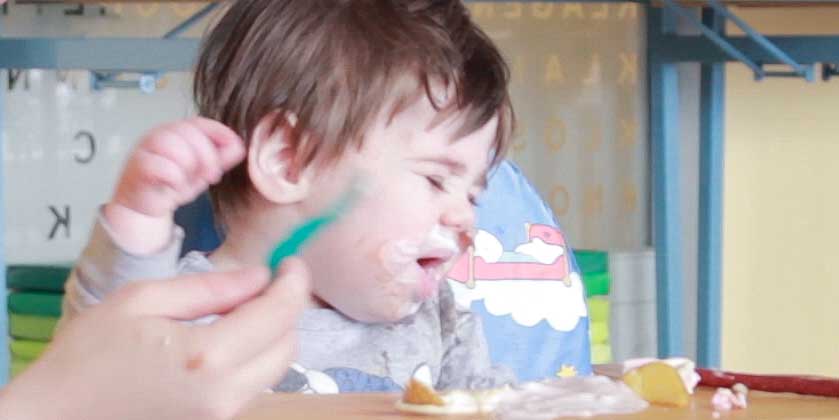What I learnt from being tube-fed by feeding tube for a week (Part 1)
This post will examine what I learnt from consuming all my nutrition by feeding tube for a week in order to better understand what families of tube-fed children have to go through. Part 2 can be found here.






